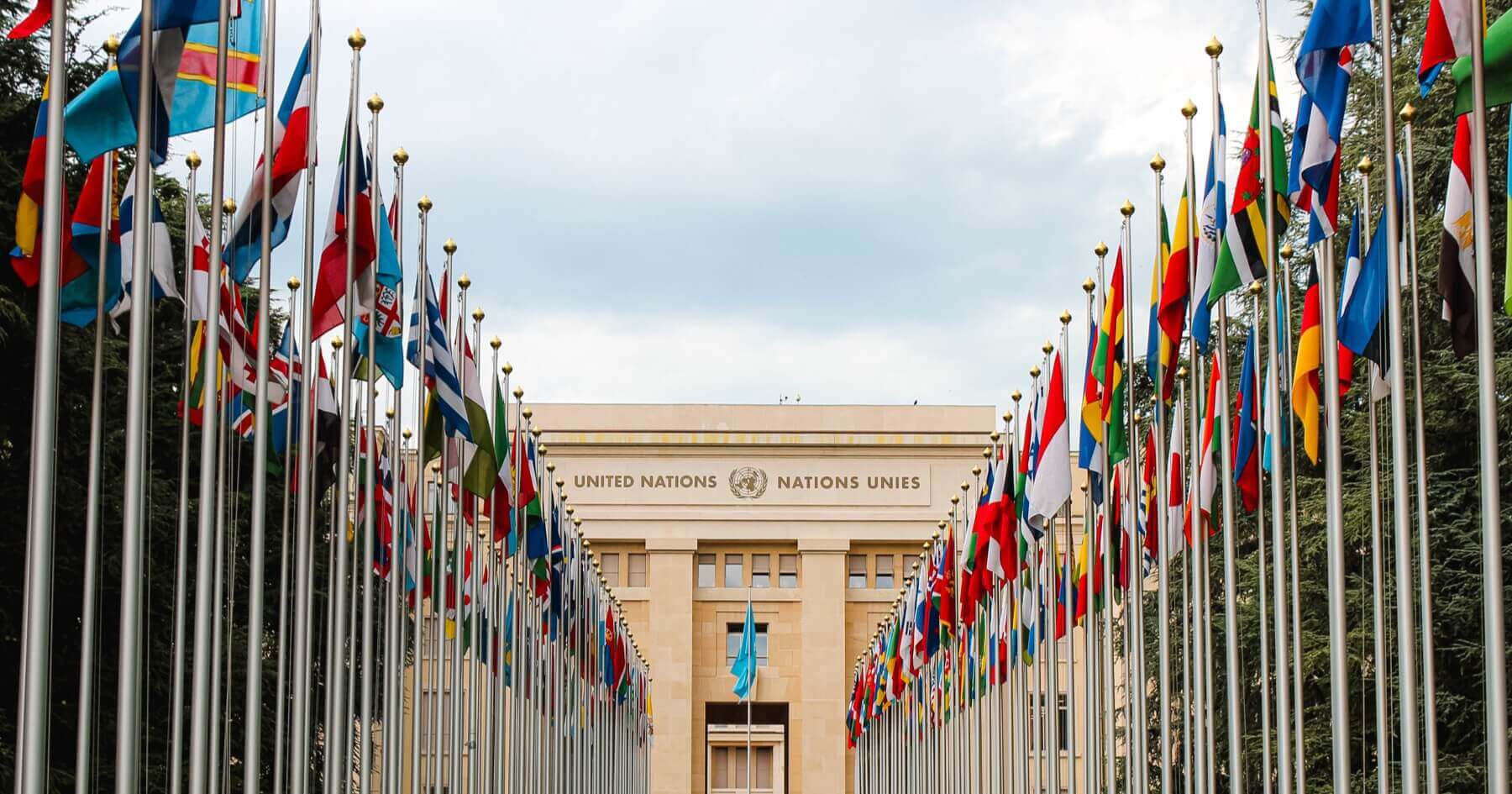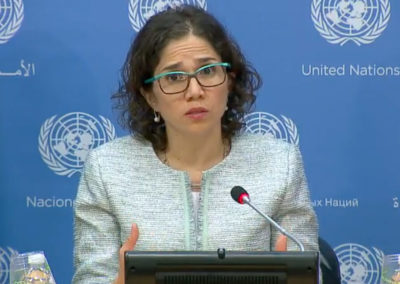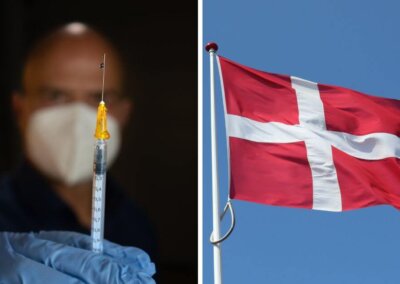A group of UN human rights experts have decried the increasing tendency to introduce assisted suicide legislation based on individuals having a disability.
On Monday of this week, working out of Geneva, the human rights experts said:
“We all accept that it could never be a well-reasoned decision for a person belonging to any other protected group – be it a racial minority, gender or sexual minorities – to end their lives because they experience suffering on account of their status”.
“Disability should never be a ground or justification to end someone’s life directly or indirectly”.
The experts, two Special Rapporteurs and an independent expert, are part of the Special Procedures of the Human Rights Council. The group argued that assisted suicide laws that cite disability as a ground for assisted suicide would legally institute and authorise ‘ableism’ – a form of unjust discrimination against people with disabilities. The human rights experts said this would violate Article 10 of the UN Convention of the Rights of Persons with Disabilities, which requires states to ensure that people with disabilities can exercise their right to life on an equal basis with others.
‘Disability is not a burden or a deficit of the person’
The group argued that when assisted suicide is normalised for people with disabilities but who are not terminally ill, such legislation tends to rely on ableist assumptions about the ‘quality of life’ or ‘worth’ of the life of a person with a disability.
“These assumptions, which are grounded in ableism and associated stereotypes, have been decisively rejected by the Convention on the Rights of Persons with Disabilities. Disability is not a burden or a deficit of the person. It is a universal aspect of the human condition”.
“Under no circumstance should the law provide that it could be a well-reasoned decision for a person with a disabling condition who is not dying to terminate their life with the support of the State”.
If assisted suicide is normalised on these grounds, people with disabilities “may feel subtly pressured to end their lives prematurely due to attitudinal barriers as well as the lack of appropriate services and support”.
The experts also drew attention to the effects of poverty when combined with discriminatory assisted suicide legislation: “People with disabilities condemned to live in poverty due to the lack of adequate social protection can decide to end their lives as a gesture of despair”.
They also expressed concern at the apparent lack of involvement of people with disabilities in drafting assisted suicide legislation that is likely to effect them most of all.
“It is paramount that the voices of people with disabilities of all ages and backgrounds are heard when drafting laws, policies and regulations that affect their rights, and especially when we talk about the right to life”.
Assisted suicide legislation opposed by disabled people
Parliament has consistently rejected attempts by the assisted suicide lobby to introduce assisted suicide. The Marris assisted suicide Bill was defeated in 2015, with 330 to 118 voting against introducing assisted suicide in England and Wales.
Every major disability rights group in the UK opposed the legislation, and a number of activists with disabilities, such as Liz Carr, have been outspoken against attempts to legalise assisted suicide, which she sees as “demoralising” for disabled people.
Right To Life UK spokesperson, Catherine Robinson, said: “The UN experts in this case are absolutely right. It is not a coincidence that the major disability rights groups in the UK continue to oppose assisted suicide legislation. When this issue last came before parliament in 2015, campaigners, with and without disabilities, realised that assisted suicide legislation targets people with disabilities, subtly implying that people with disabilities who are struggling to cope with hardship would be better off dead. Whether or not this is what is intended by such legislation, this is the effect”.






